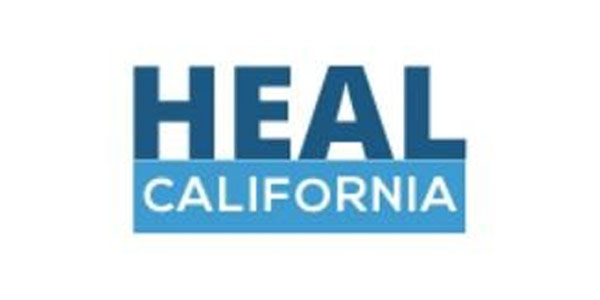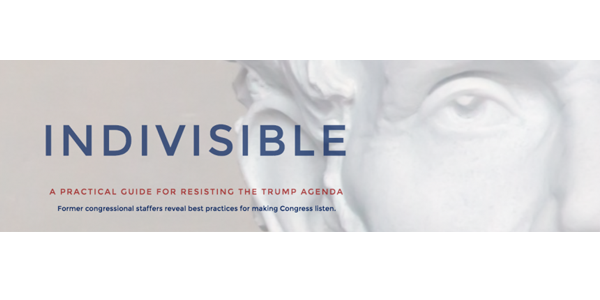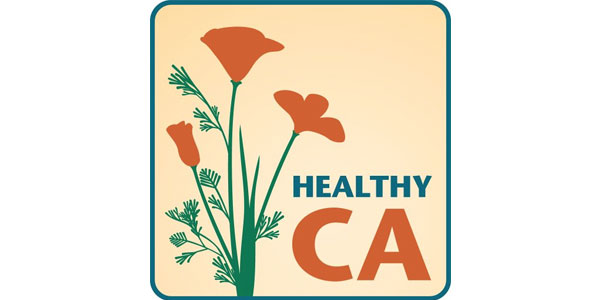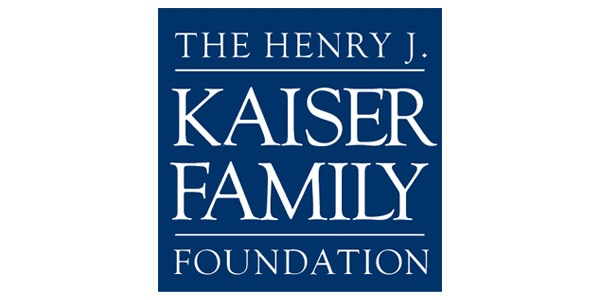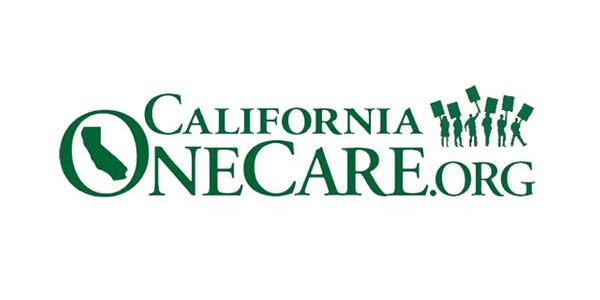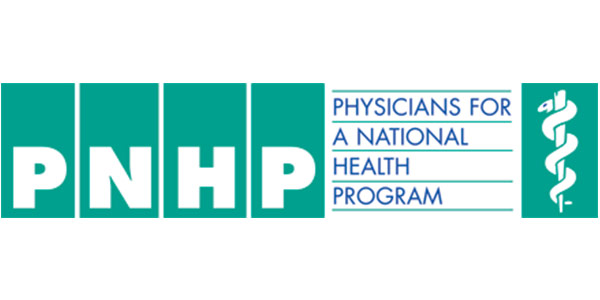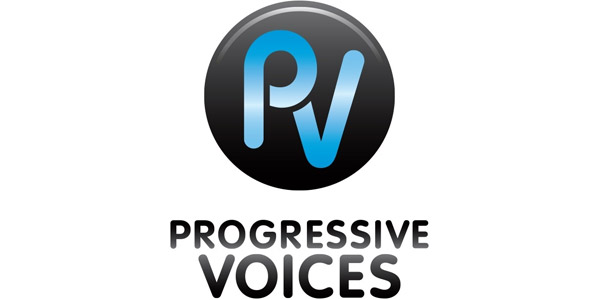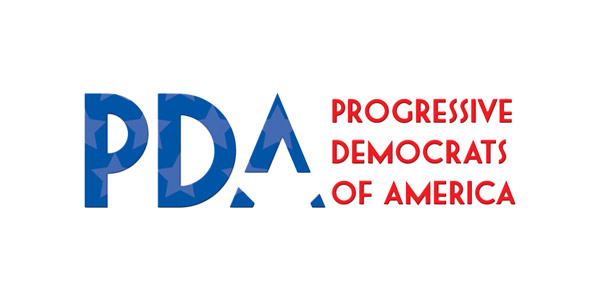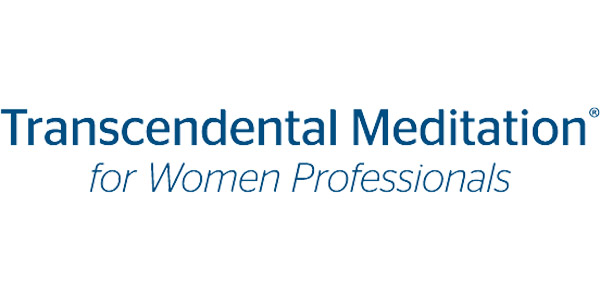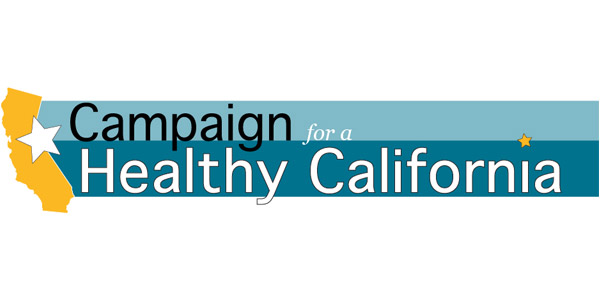Nurses Support American Health Security Act of 2011
On Tuesday, May 10, 2011, at 10:30 a.m., EDT, Senator Bernie Sanders (I-VT) and Representative Jim McDermott (D-WA), held a joint news conference at the Senate Swamp to announce the introduction of the American Health Security Act of 2011 (the Act).
The Act establishes a national healthcare program that requires each participating state to set up and administer comprehensive health care services as an entitlement for all through a progressively financed, single-payer system, as administered by the states. Benefits emphasize primary and preventive care, and free choice of providers. Private health insurance sold by for-profit companies continues in the form of supplemental coverage only.
The American Health Security Act of 2011 has the support of National Nurses United, the California Nurses Association, the Labor Caucus for Single-Payer and its member unions, the Labor Campaign for Single Payer, and the AFL-CIO which, at its convention in Pittsburgh in 2009, unanimously passed Resolution 34 in support of single-payer health care under a social insurance model and recently reaffirmed its support in its executive council resolution addressing national deficit reduction (March 2011).
“Providing a single standard of high quality care for all is a priority for registered nurses who have seen their abilities to act as patient advocates made more difficult as for-profit interests control more patient care decisions. We commend Senator Sanders and Representative McDermott for their vision and passion to help registered nurses create a more just healthcare system through the American Health Security Act and applaud our brother and sisters in labor for their support,” said Jean Ross, R.N. co-president of National Nurses United.
The Act is a manifestation of Congressional findings, including the addition of more than four million uninsured Americans between 2008 and 2009, bringing the total to over 51 million, or more than 1 of every 6 Americans. Businesses are relieved of the burdens of health care administration under the new law.
The Program amends the tax code to create the American Health Security Trust Fund and appropriates to the Fund specified tax revenues, current health program receipts, and tax credits and subsidies under the Affordable Care Act. The tax revenues include a new health care income tax, an employer payroll tax, a surcharge on high income individuals, and a tax on securities and other financial transactions. Transaction taxes include language consistent with other labor efforts around the globe to more fairly fund programs of social uplift.
The federal government would collect and distribute all funds to the states and administrative expenses would be capped at three percent. Each state would have the choice to administer its own program or have the federal Board administer it.
In my view, the fight for universal and comprehensive health care is the civil rights battle of our time. — Senator Bernie Sanders, I-VT
If an insurance company’s objective is to make a profit rather than deliver health care, a patient’s best interests may not always be in the forefront of their thinking. Decisions are made by accountants and actuaries, not necessarily on the basis of what’s best for the patient. — Rep. Jim McDermott, D-WA


